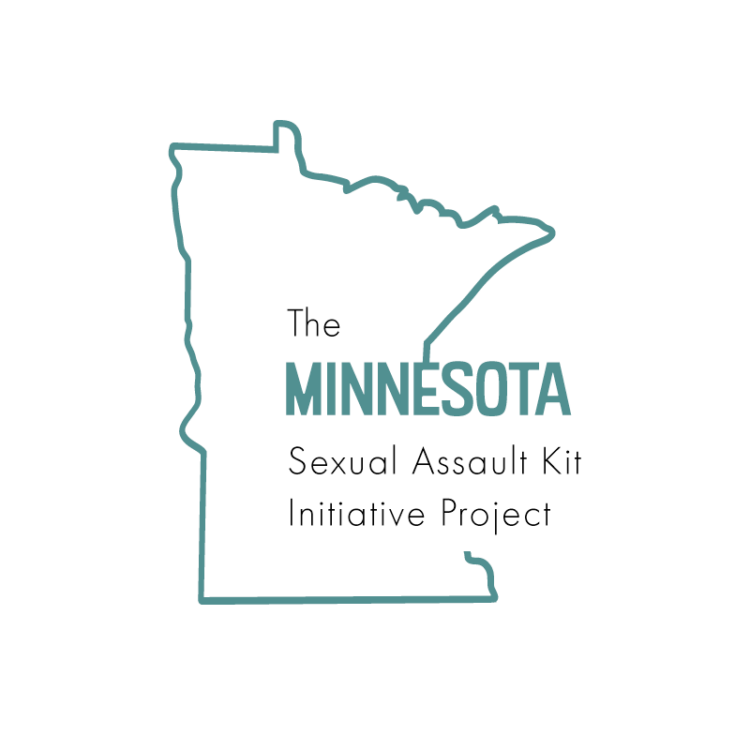Minnesota Sexual Assault Kit Initiative (SAKI) Project

What is SAKI?
SAKI stands for Sexual Assault Kit Initiative. SAKI is a nation-wide project that addresses the accumulation of untested sexual assault kits (SAKs). MNCASA works with professionals across the state to help address the accumulation of sexual assault kits in their community.
The Minnesota Sexual Assault Kit Initiative (SAKI) Project is funded by a $2 million grant from the Bureau of Justice Assistance in 2018 (Grant No. 2018-AK-BX-0019) and subsequent grants in 2019 (Grant No. 2019-AK-BX-0018) and 2020 (Grant No. 2020-AK-BX-0008).
This website is funded in part through a grant from the Bureau of Justice Assistance, Office of Justice Programs, U.S. Department of Justice. Neither the U.S. Department of Justice nor any of its components operate, control, are responsible for, or necessarily endorse, this Web site (including, without limitation, its content, technical infrastructure, and policies, and any services or tools provided).


